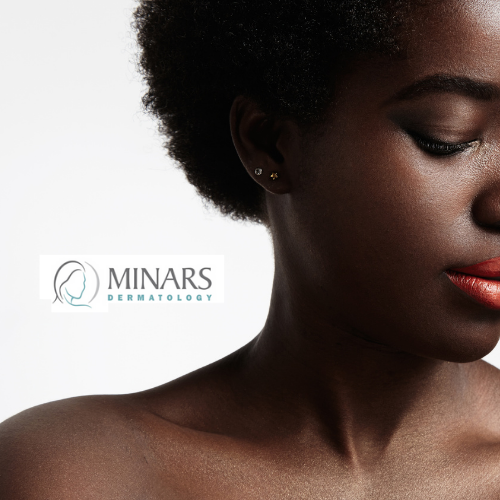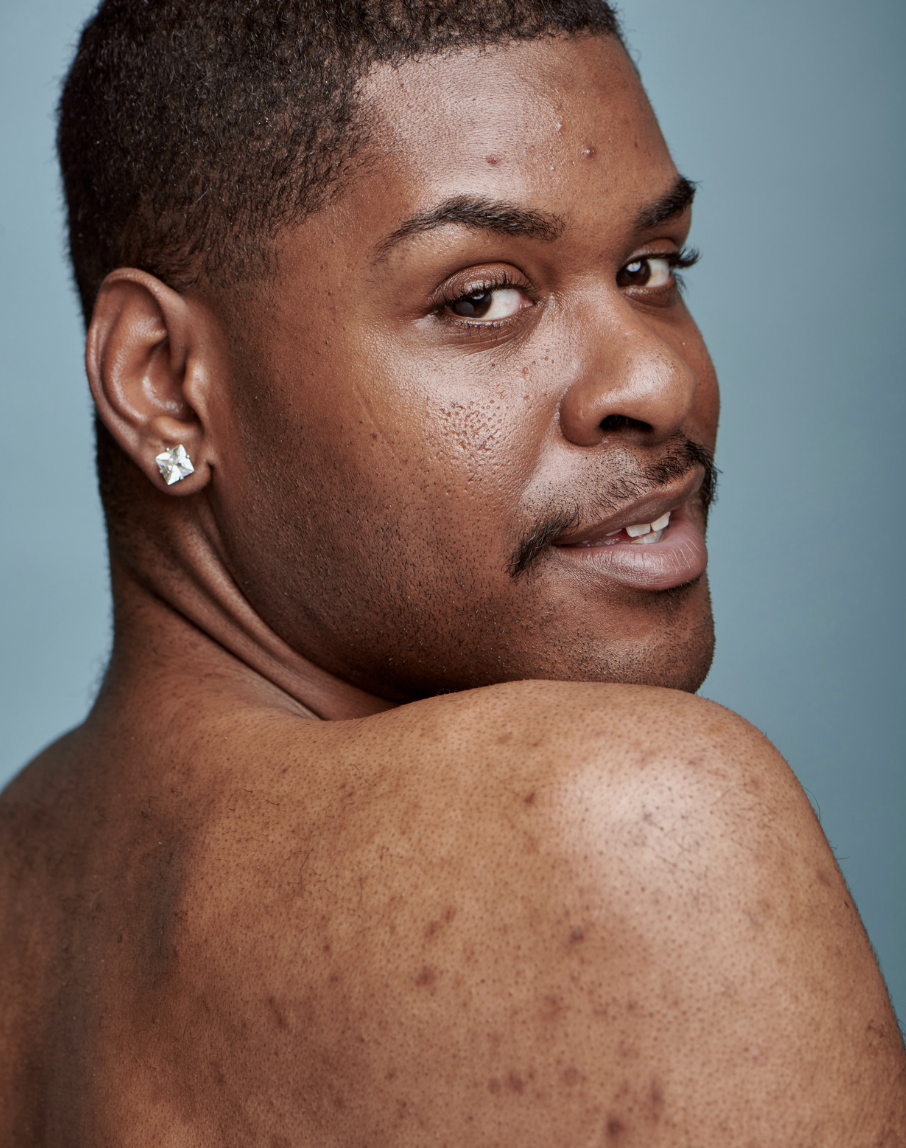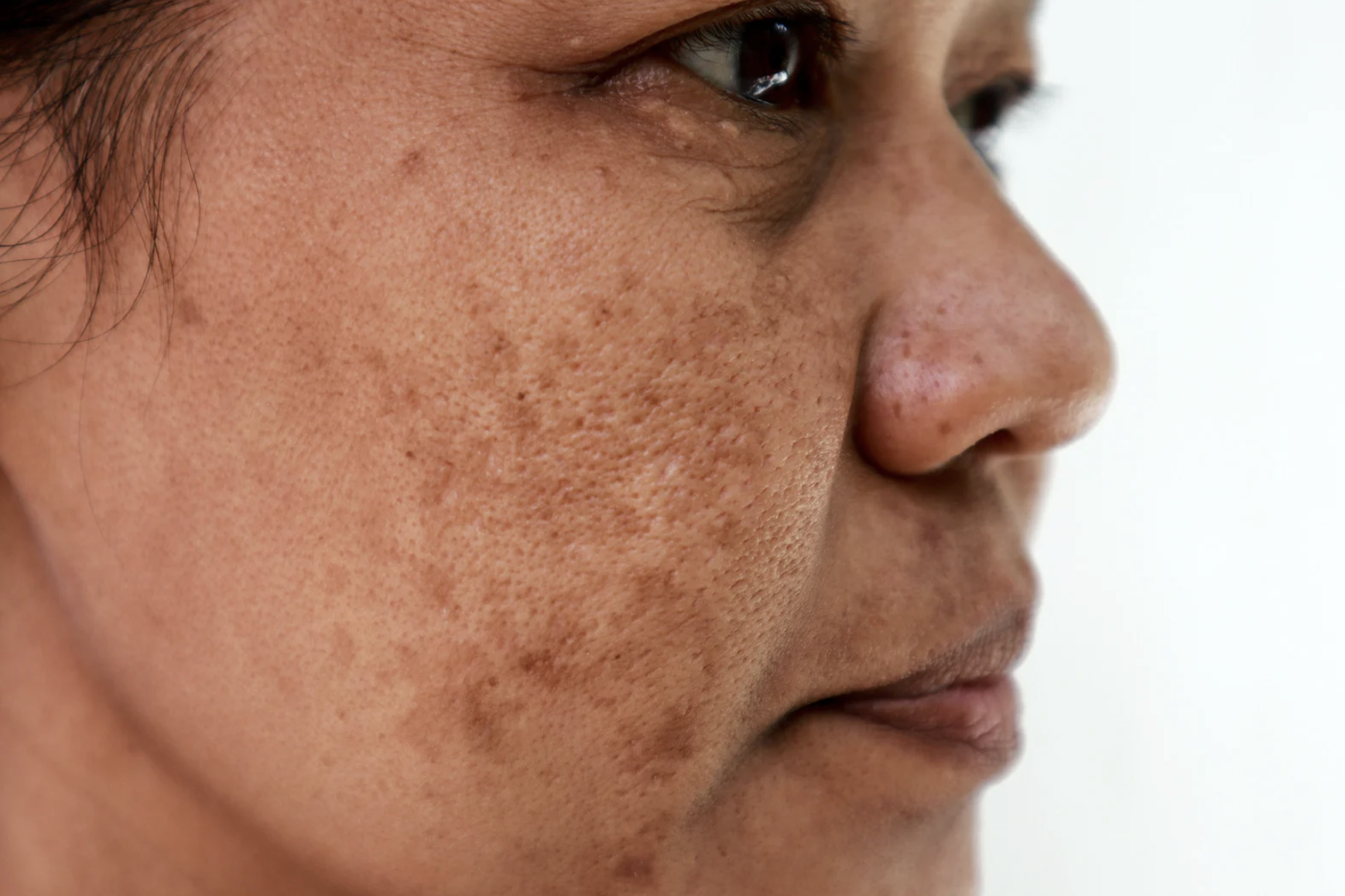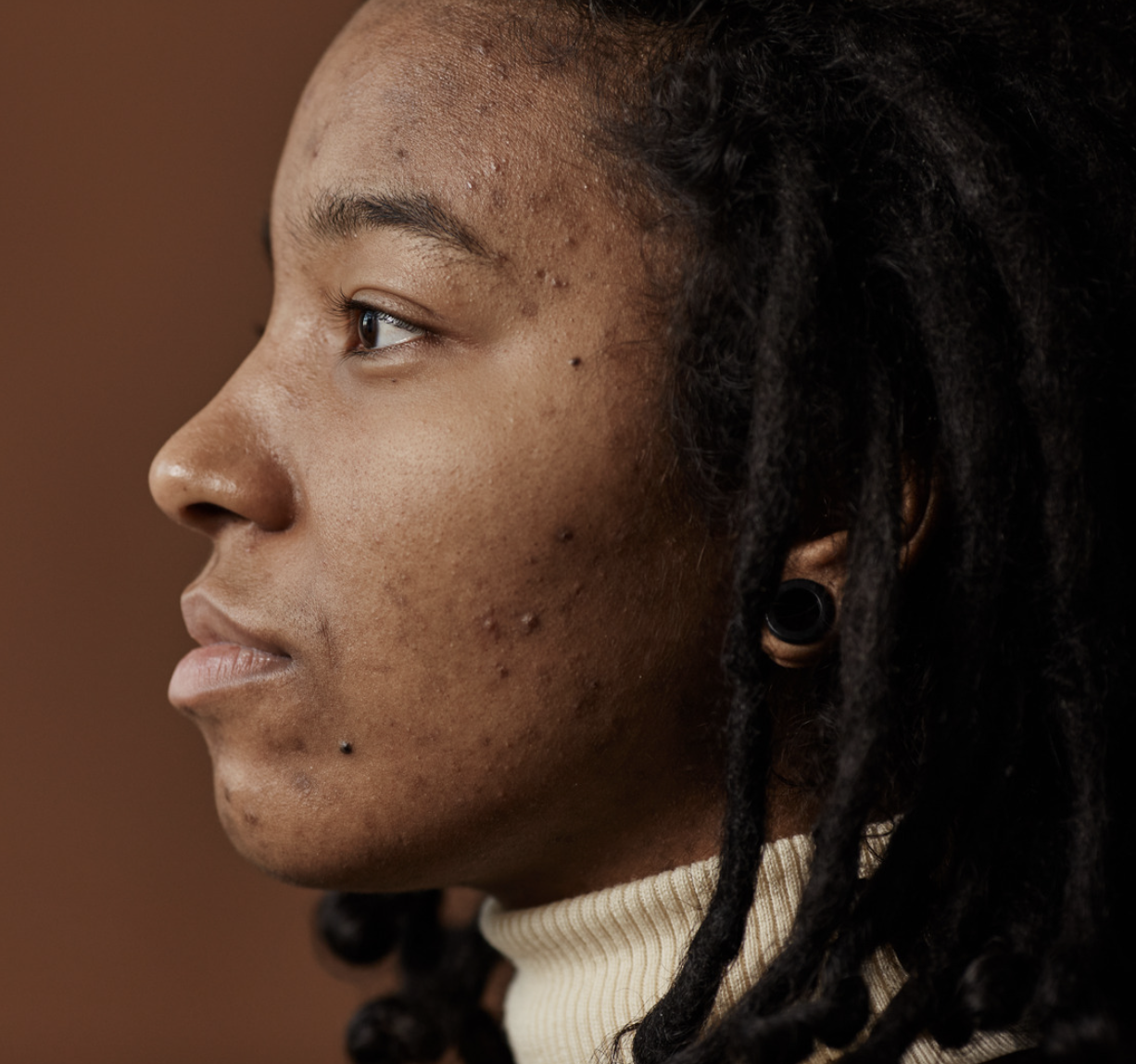
Hollywood, FL Dermatologist Specializing in Black and Dark Skin
Skin that contains increased levels of melanin requires special consideration and treatment. Dermatology has never been a “one size fits all” specialty, and our clients with a range of black and brown skin deserve the specific expertise of a skin doctor, designed to diagnose and treat conditions that affect their beautiful dark skin.
As one of the top dermatologists for African American skin in Hollywood, FL we offer treatment for patients in every shade range. Our clients have ethnicities that represent all the corners of the world, including the Hispanic, Latinx, East or West Indian, African, South American, or anyone else with unique levels of melanin in their skin. Because of how dark skin reacts to treatment, specialized treatments may be necessary. For conditions like psoriasis, mole removal, or acne treatment, medications may have different impacts on African American, Hispanic, Indian, Native, or Latinx skin.
Our nearby dermatologists for black skin have spent time studying the specific requirements inherent to dark skin dermatology. We treat the following common skin conditions, as well as others that may not be listed here. Your best course of action is to call and speak with one of our expert staffers to schedule a consultation.
Jump to: Acne and Post-Inflammatory Hyperpigmentation, Prevent Acne in Dark Sin, Melasma, Laser Hair Removal in Dark Skin, Dark Skin Razor Bump Treatment, Acne Keloidalis Nuchae, Keloids, Contact a Black Skin Dermatologist Today
Dark Skin Acne and Post-Inflammatory Hyperpigmentation
Acne in dark skin is caused by the same triggers as acne in lighter skin, including hygiene, hormones, diet, stress, skincare products, and more. The difference is mainly in the treatment of acne in black skin. Dark skin acne treatment often requires more aggressive treatment as it is more likely to leave marks in the skin – called post-inflammatory hyperpigmentation (PIH). Acne causes inflammation in the skin, and this inflammation triggers skin to release more melanin which can then cause post-inflammatory hyperpigmentation that can appear on the skin for longer than the acne itself. According to Harvard Medical School, hyperpigmentation is “more likely to occur in people with darker skin.”
The best way to treat dark skin acne is to treat it for a longer period of time, and with more aggressive medications. At Minars, our skin doctors often recommend benzoyl peroxide, salicylic acid, or retinol to treat the acne itself. We also use bleaching creams for hyperpigmentation and other dark skin acne treatments that can help lighten the brown spots caused by hyperpigmentation and may prescribe light acne peels and other types of solutions unique to dark skin.

Some acne preventative skincare tips for black and dark skin:
- Use products and makeup marked with “non-comedogenic” – meaning they are specially formulated not to block pores.
- Avoid products that contain oils, including coconut oil and shea butter, on areas that are prone to acne
- Do not pop or irritate the pimples or acne currently on the skin, as this can cause scarring and dark spots

Melasma
Melasma is a skin condition that is often confused with hyperpigmentation, and many people wonder “What is the difference between melasma and hyperpigmentation”? The main difference lies in the cause of these two skin conditions. While hyperpigmentation is caused by a release of melanin in the skin due to inflammation, melasma is caused by hormonal changes in the body.
According to the American Academy of Dermatology Association, “Melasma develops more frequently in these skin tones than in lighter skin tones. You’re more likely to develop melasma if you are a woman of Latin, Asian, Black, or Native American heritage.”
Laser Hair Removal in Dark Skin
Hair removal using a laser is a specialized treatment for our patients with dark skin. At Minars Dermatology, we have invested in a laser that was created specifically for hair removal in dark skin. This is a completely different laser than the equipment we use on light/white skin and requires specialized expertise. We’re proud to treat all who come to us for laser hair removal for dark skin with these special tools. Most dermatology offices only have one laser available. If you are looking for a skin doctor in Hollywood, Florida who has expertise in the treatment of dark skin (as well as experience and the right lasers to safely perform laser hair removal on dark skin then call Minars Dermatology today.
Dark Skin Razor Bump Treatment
Whether you suffer from razor bumps on your face (called PFB or pseudofolliculitis barbae), on the legs, or in the underarm or bikini area, the coarse nature of hair in our darker-skinned patients makes this much more common. Treating razor bumps on dark skin patients requires specialized knowledge and experience. Our doctors have both.
AKN (Acne Keloidalis Nuchae)
Acne Keloidalis Nuchae is a condition seen primarily in African American men on the back of their scalp and/or nape of the neck. This is a type of folliculitis or inflammation of the hair follicle. Treatment should be sought as AKN usually begins with small itchy bumps that can form around the hairline along the back of the neck. Untreated the bumps can become scars and the hair will fall out. Those scars could eventually enlarge and become keloids or raised bumpy scars.
Treatment for AKN varies in degree depending upon the severity of the case. We might use laser and/or medications, and even surgery in severe cases.

Keloids
Keloids are a type of rubbery raised scar that can occur on the skin as an injury or blemish heals. They develop when scar tissue continues to generate even after the healing process on the skin has completed. They are more common in people of African, Asian, and Hispanic descent – those with darker skin.
Large keloids can be quite bothersome, and unsightly. They can be treated (though they are also stubborn and can often recur), and our team here at Minars Dermatology sees them frequently. We may choose to treat with corticosteroid injections, cryotherapy, or laser treatment. A keloid can also be removed by surgery if necessary.

Todd Minars, MD
- assistant Clinical Professor of Dermatology, University of Miami School of Medicine
- Former Chief Resident in Dermatology, Albert Einstein College of Medicine

Timothy Wu, MD
- NYU School of Medicine, University of Miami – Dermatology Residency. Board Certified Dermatologist
- University of California, Berkeley – BA in Biology (with honors)

Shailee Patel, M.D.
- University of Miami Miller School of Medicine– Board Certified Dermatologist and Cutaneous Surgeon
- University of Miami, president of the American Medical Student Association
Contact a Specialized Dermatologist for Black Skin Near You in Hollywood FL
The team at Minars Dermatology have all been trained throughout their education and careers to treat brown and black-skinned patients with the best solutions for their specific situation. If you’d like to make an appointment for a consultation with a skin doctor near you – we’d love to see you.
Dr. Wu, Dr. Minars, and Marianna Helin, AFNP are just a few of our staff dedicated to creating positive outcomes in brown or black skin. Give them a call today!
Resources:









